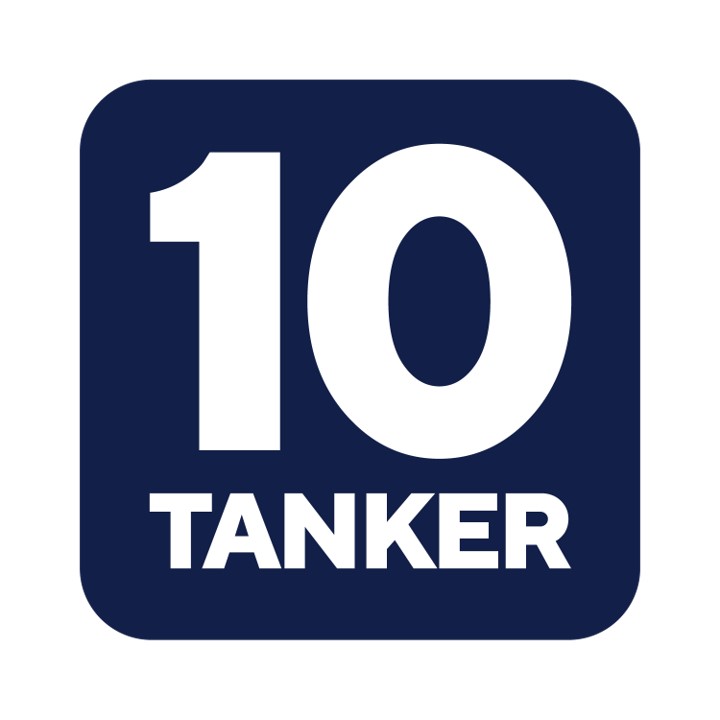About UAFA

What is the UAFA?
The UAFA brings together the most experienced industry experts to provide a strong and coordinated voice for the entire aerial firefighting community with the goal of informing policymakers and legislators about important issues concerning the increasingly critical and complex nature of aerial wildland firefighting.
Mission:
To increase effectiveness, efficiency, and safety in the aerial firefighting community through coordination among members, collaboration with customers, enhanced contracting processes, and industry innovation.
Why now for the UAFA?
After a decade or more of trying to curb the advance of wildfires through forest health investment, while maintaining suppression spending at the same relative amounts, it has become clear that the solution needs to be a combination of investment in prevention, suppression, and community hardening to drive better outcomes for our tax-paying citizens who are expecting more.
By driving standards for improved safety, competency, and response times across the entire aerial firefighting complex, the UAFA believes it can help the citizens and agencies it serves, improve the chances for better results.
Key Objectives
- Provide a single voice when speaking to our customers or Congress about issues that impact our industry
- Improve contracting process through collaboration with customers prior to the RFP being formed
- Identify and provide authoritative experts for industry
- Respond to industry issues as they develop
2025 Accomplishments
- Legislative Impact: Analyzed 40+ wildfire bills; shaped key measures (Aviation Medication Transparency, NDAA), drafted EO language, and coordinated policy with 20+wildfire groups.
- Federal Agency Engagement: Coordinated with USFS, DOI, BLM, FAA, OMB, and SBA; addressed Section232, FAA Part 108, BLM Type 2 EU RFI, Wildfire Tech Roadmap, and the FAR rewrite.
- Member Support and Services: Backed members nationwide on contracts, benefits, claims, and EPAs; launched new benefits and training; initiated UAFA Standards, Small Business,and next‑gen Standards of Cover.
- Review a comprehensive summary of UAFA's 2025 Accomplishments here.
Staff

Paul Petersen

Paul Petersen is the Executive Director of the United Aerial Firefighters Association, which represents the Aerial Wildland Fire Industry (Airtankers, Scoopers, Helicopters, Retardant and aviation support) to Local, State, Federal agencies, and Congress.
Paul retired in April 2023 from the Bureau of Land Management, Nevada State Office as the State Fire Management Officer and was responsible for coordination and implementation of fire preparedness, fire suppression, hazardous fuels reduction, fire prevention/mitigation/education and overall leadership for the Fire and Aviation.
Paul has served as a Firefighter, Engine Captain, Fire Operations Specialist (Battalion Chief), Assistant Fire Management Officer, Fire Management Officer, and Deputy State Fire Management Officer. He is a 6th generation Native Nevadan and loves the beauty and openness of Nevada and Intermountain West. In his spare time, Paul enjoys traveling, history, flying Cessna’s, and family.

Tiffany Taylor

Tiffany Taylor is the Senior Policy Director for the United Aerial Firefighters Association. She has almost 25 years’ experience in federal government acquisition. Most recently she was the Senior Procurement Executive (SPE) and Program Management Improvement Officer (PMIO) for USDA, overseeing the buying of everything from commodities to research to all-hazards incident support (wildfires, animal disease outbreaks, COVID, etc.) and providing acquisition expertise and recommendations to the Secretary.
As the SPE, Tiffany was responsible for the approval of all major non-IT acquisition strategies, like Forest Service
Aviation and Retardant. As the PMIO, she established the requirement for all major non-IT programs to develop integrated program teams and develop program-level acquisition strategies.
Prior to her SPE position, Tiffany was the Chief of the Contracting Office for all Forest Service Incident Support contracts. In this role she was responsible for the effective execution of all contract actions issued for incident support. She also has experience purchasing aviation spare parts from European original equipment manufacturers and training simulators for Department of Defense agencies.









